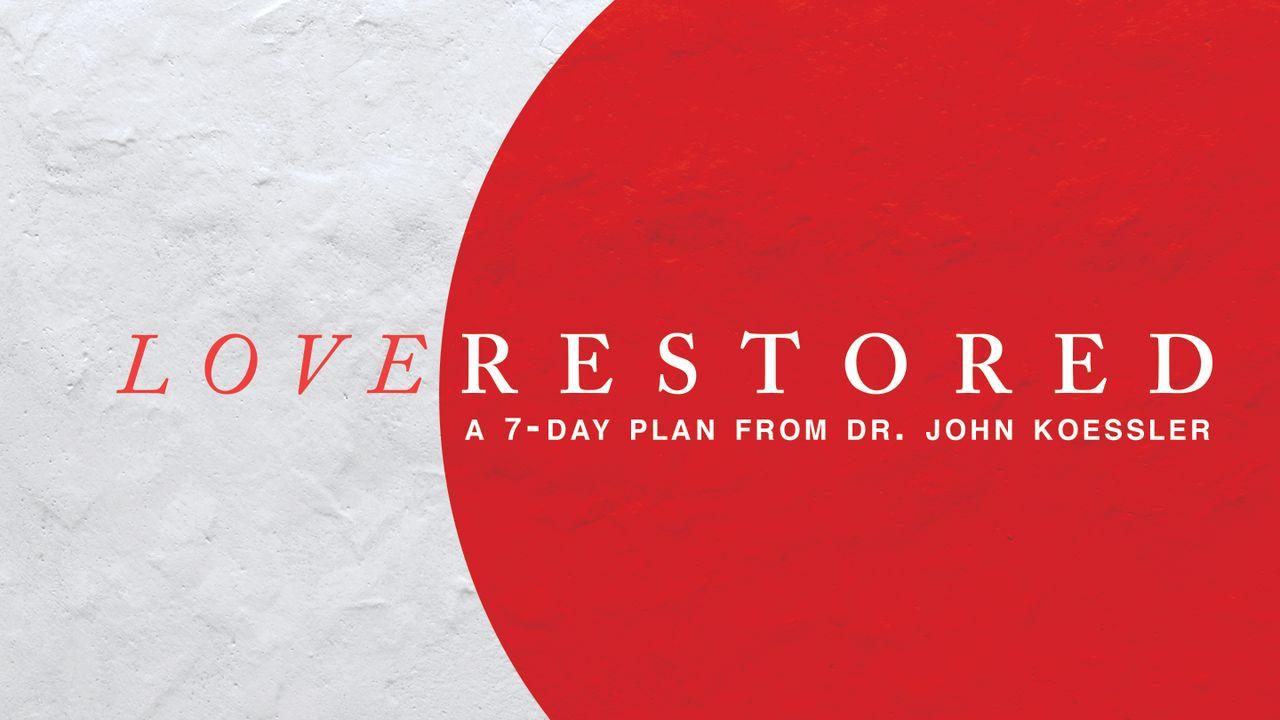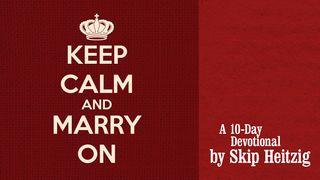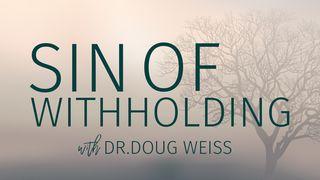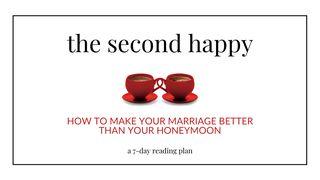Love Restored - A 7-Day Plan from Dr. John KoesslerSample

I first learned about sex from my father. The lesson came in the form of a brief hallway conversation as he was in transit from his bedroom to the bathroom. I don’t think my age was even in double digits at the time. I don’t recall who initiated the conversation, though I suspect it was in response to a question I had asked. My father compared sex to a loaded gun and emphasized the need to be careful. “It’s like a pistol,” he said. “When it goes off, you can’t stop it.” I didn’t understand much of what he said. The whole thing sounded pretty unappealing to me at the time. I was sure I would never want to have sex with anyone. I was wrong, of course. I didn’t know it then, but the sexual revolution was just getting started. I turned sixteen in 1969, the summer that Woodstock happened. At the time, I was just a kid growing up in the rust belt of the Midwest, too young and too far away to attend the event whose posters promised “three days of peace and music.” It turned out to be three days of sex, drugs, and rock and roll. Woodstock was the watershed event that showed how far the counterculture of the ’60s had edged its way into the mainstream of popular consciousness. Staid newscasters in white shirts and ties covered it on the national news and pondered its cultural significance. Singer Joni Mitchell, who had been unable to attend because of a scheduled appearance on the Dick Cavett Show, wrote a hymn of praise that compared the music festival to Eden. More than a concert, Woodstock turned out to be the iconic moment of my generation. Boomers have been talking about it ever since.
Woodstock was the capstone of the movement that began two years earlier on the opposite coast when thousands of young people moved to San Francisco during the “summer of love.” Forty-five years later, Country Joe McDonald would characterize the values of the era with these words: “They all want sex. They all want to have fun. Everyone wants hope. We opened the door, and everybody went through it, and everything changed after that.” During the summer of love, sex and love were synonymous. The sexual revolution changed not only the shape of sexual morals for a large part of the culture, but also our view of the place of sexual desire in human experience. Dale Kuehne, professor of ethics, economics, and the common good at Saint Anselm College observes, “There was no assumption until the 20th century that in order to lead the best, deepest, most fulfilling relational life, you needed to be in a sexual relationship.” Kuehne notes that this false assumption has caused some Christians today to question whether the Bible’s teaching about sexuality and sexual practice is “good news.”
But the sexual revolution, which was such a feature of the summer of love, did not usher in an age of fun and hope. Twenty-seven years after Woodstock, Joni Mitchell’s song “Sex Kills” lamented injustice, greed, and the spread of the AIDS epidemic. Those who participated in the sexual revolution went looking for love and found death instead.
In Mitchell’s song, sex is not the problem; it is a victim. She portrays sex as a tool that marketers use to exploit others. She is right when she says that sex sells. We are surrounded by sexual images that are used to sell everything from soap to shoes. What is more, the intended audience for these sexualized images has gotten younger with each passing decade. Author and activist Jean Kilbourne notes that images that would have once been considered pornographic are now commonly found in family magazines, on television, on billboards, and on non-pornographic internet sites. “Today’s children are bombarded with graphic sexual content that they cannot fully process or understand and that can even frighten them.” The aim of these ads is to arouse a different kind of lust in children. “These sexual images aren’t intended to sell our children on sex—they are intended to sell them on shopping,” Kilbourne explains. “This is the intent of the marketers—but an unintended consequence is the effect these images have on real sexual desire and real lives.”
Joni Mitchell was right in another respect. Sex isn’t the problem. The problem is desire and the unrealistic expectations that are born of our desire. The biblical word for this is lust. Sin entered human experience through common desire. The appetites mentioned in Genesis 3:6 are commonplace. The forbidden fruit was “good for food.” In other words, the tree was edible. The tree was also appealing to the eye. The tree appeared to be “desirable for gaining wisdom.” Like the original temptation, sexual lust is rooted in legitimate desire. Sexual desire is not wrong in itself. It is part of our biological and psychological design. But like all other appetites, this hunger can and must be controlled. Appetites can be misdirected or abused. We can be selfish and even perverse in our attempts to gratify them.
Discussion Question:
In what ways do you think the sexual revolution of the 60's and 70's changed society’s view of the place of sexual desire in human experience? How did it redefine the culture’s notion of love?
Scripture
About this Plan

In this 7-Day plan, Dr. John Koessler reveals how lust, which once was considered a "deadly sin", has transformed into a "dangerous virtue." Our culture has radically redrawn its moral boundaries so that what lust is now called love and sexual preference is regarded by many to be malleable. Dr. Koessler helps reveal the beauty of God's design for love and desire. Excerpted from the book 'Dangerous Virtues.'
More
| We would like to thank Moody Publishers for providing this plan. For more information, please visit: https://www.moodypublishers.com/books/current-issues/dangerous-virtues/ |









